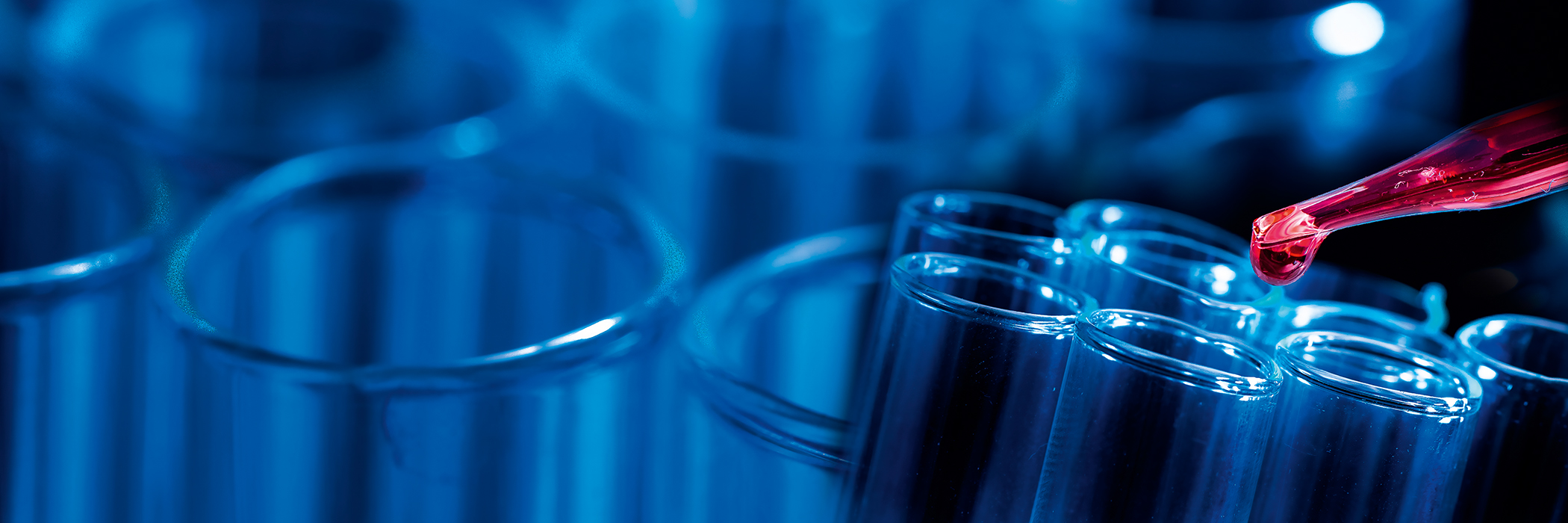Molekulare Nanotechnologie
Bottom-up-Design von Nanomaterialien für die molekulare Erkennung und (Bio-)Katalyse.
Biologische Systeme können Informationen erkennen, sortieren, katalysieren, kommunizieren und speichern, indem sie ein paar grundlegende Regeln nutzen. Diese Regeln sind an sich bekannt sind, wirken jedoch auf so komplexe, komplizierte und synergistische Weise zusammen, dass eine enorme Effizienz erreicht wird.
Die Forschungsaktivitäten der Gruppe für Molekulare Nanotechnologie basieren auf dieser Vision. Ziel ist es, synthetische Strategien zu entwickeln, um neue, funktionale Nanomaterialien mit molekularer Erkennung oder biokatalytischen Eigenschaften zu entwerfen.
Die Gruppe hat sich auf das Design und die Synthese makrozyklischer molekularer Rezeptoren auf Calixaren- und Cyclodextrin-Basis spezialisiert. Diese Designer-Makrozyklen setzen wir als molekulare Erkennungselemente für kleine organische Moleküle (z. B. pharmazeutische Wirkstoffe, Naturstoffe) in einer Reihe von Umwelt- und Biotechnologieanwendungen ein. Amphiphile Calixarene werden zudem zur Herstellung kristalliner zweidimensionaler Anordnungen (zum Beispiel metallorganische Netzwerke) verwendet, die als Kristallisationsvorlagen dienen.
Im Gegensatz zum Enzym-Engineering bezieht sich der Begriff „supramolekulares Engineering” auf ein neues Konzept der supramolekularen Modifikation von Enzymen, bei dem die Proteinsequenz weder durch Gentechnik noch durch eine kovalente Modifikation des Biomoleküls verändert wird.
Wir haben diesen Ansatz entwickelt, um synthetische Nanomaterialien zu entwerfen, die eine beispiellose Affinität und Selektivität für Proteintargets wie Viren und virusähnliche Partikel aufweisen. Mithilfe dieses supramolekularen Ansatzes haben wir zudem eine neue Klasse von Nanobiokatalysatoren entwickelt, die in verschiedenen Bereichen Anwendung finden, darunter die Spezialchemikalien-Synthese (asymmetrisch) und die Herstellung von Biologika, aber auch die Proteomik und Nanomedizin.
